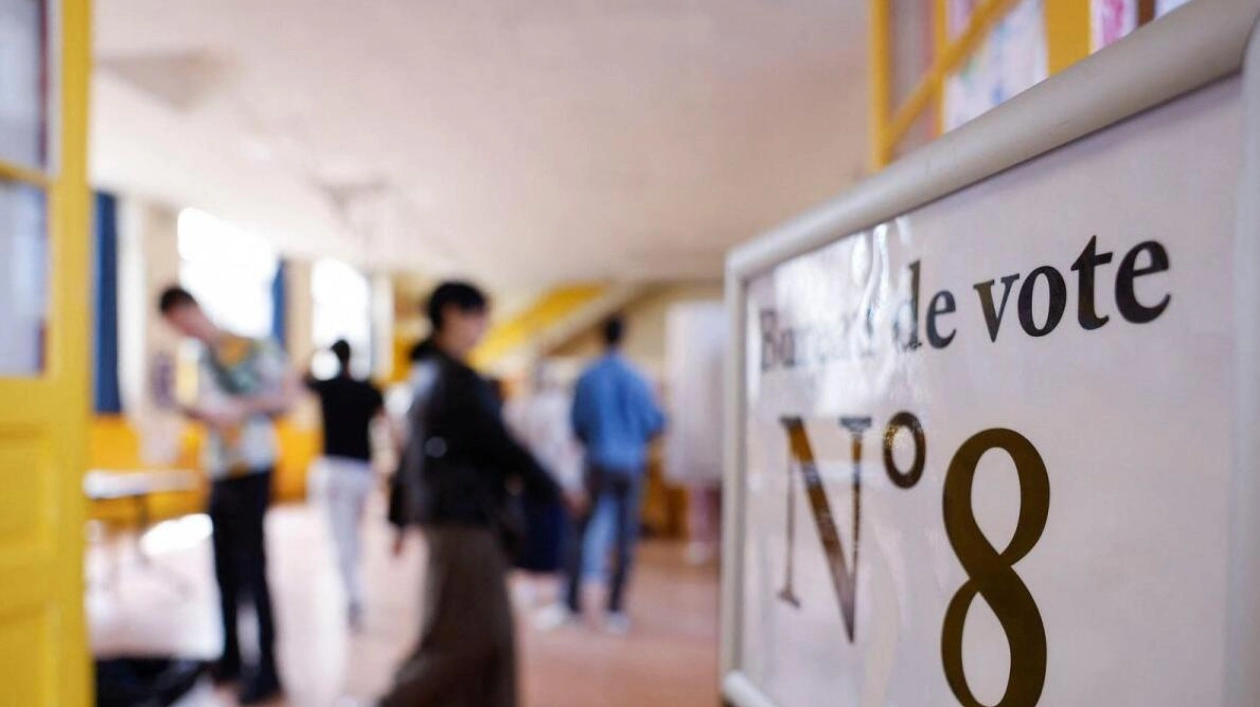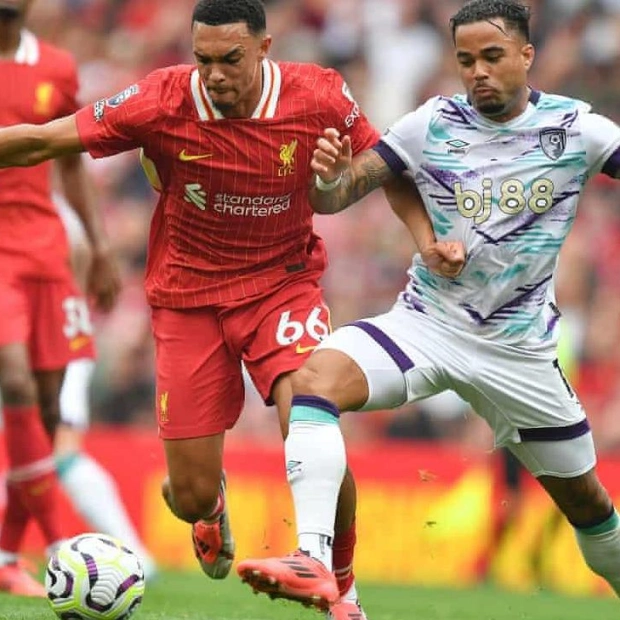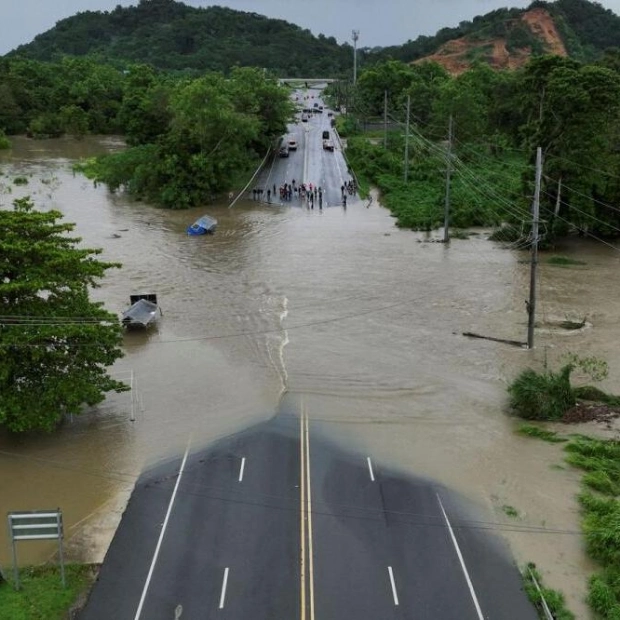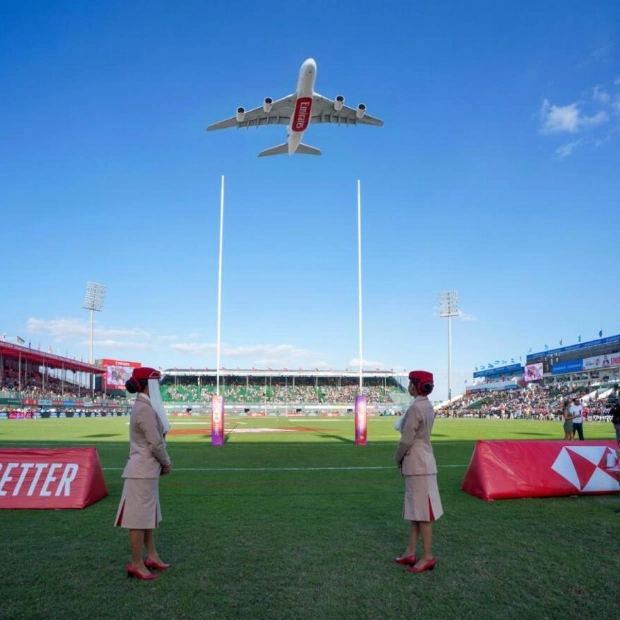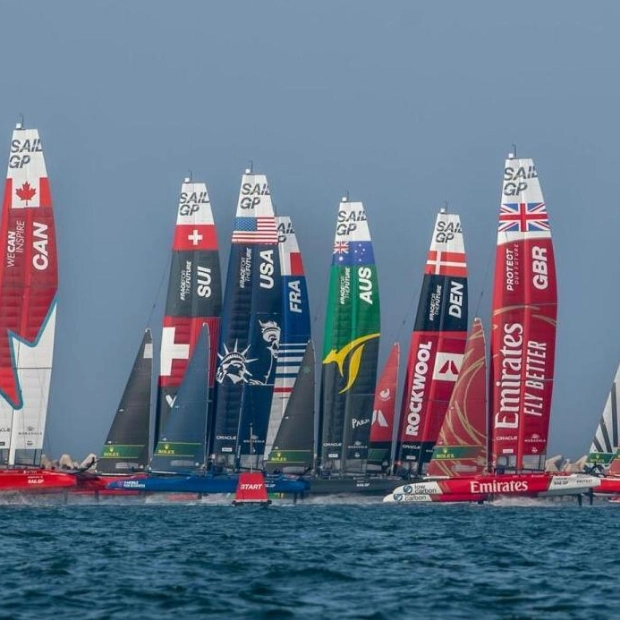France's public finances, already under scrutiny from ratings agencies, financial markets, and Brussels, are likely to face increased pressure regardless of the outcome of the upcoming snap parliamentary election, which commences with the first round of voting on Sunday. The major political parties have all pledged new spending initiatives, yet their funding strategies lack detail and often appear unrealistic. Polling suggests that the far-right National Rally (RN) will secure the top position, followed by the New Popular Front left-wing alliance, with President Emmanuel Macron's Together alliance trailing in third place. The current government had aimed to reduce the budget deficit from 5.5% of Gross Domestic Product in the previous year to the European Union's limit of 3% by 2027—a target that may now be out of reach following the election's conclusion on July 7.
Should the RN form the government, it plans to reduce the value-added tax (VAT) on energy as early as July, estimating a cost of 7 billion euros for the remainder of this year and 12 billion euros in a full year. The RN proposes to finance this through a 2-billion-euro rebate on France's EU budget contribution, despite the EU's 2021-27 budget already being finalized. The party also anticipates significant revenue from increasing a levy on exceptional profits from power producers and replacing a tonnage tax on shipowners with standard corporate tax, although the sector's recent high profits are expected to decline. Additionally, the RN seeks to reverse a planned reduction in the duration of unemployment benefits, a move the current government estimates would cost 4 billion euros. Long-term goals include indexing pensions to inflation, lowering the retirement age to 60 for those who began working at 20 or earlier, exempting some workers under 30 from income tax, and increasing wages for teachers and nurses. The RN also intends to continue with cuts in local business taxes that the current government has suspended due to financial constraints.
The New Popular Front (NFP) alliance, on the other hand, proposes immediate measures such as a 10% increase in civil servant salaries, free school meals, supplies, and transport, and a 10% increase in housing subsidies. The NFP plans to fund these initiatives through a tax on superprofits, details of which are yet to be specified, and by reinstating a wealth tax on financial assets. The alliance also aims to freeze the prices of basic food items and energy, increase the minimum wage by 14% with subsidies for small businesses, and hire more teachers and healthcare workers from 2025 onwards. By 2026, public spending is projected to reach 150 billion euros annually, with increased budgets for the culture and sports ministries.
Macron's Together alliance remains committed to reducing the budget deficit to 3% of GDP by 2027, despite skepticism from national auditors and the IMF. The party has pledged to reduce power bills by 15% from 2025 and to match pension increases with inflation. It also plans to raise public sector wages, although the specifics are not detailed. The alliance maintains its stance against broad tax hikes and will increase the tax-free amount parents can gift their children.
